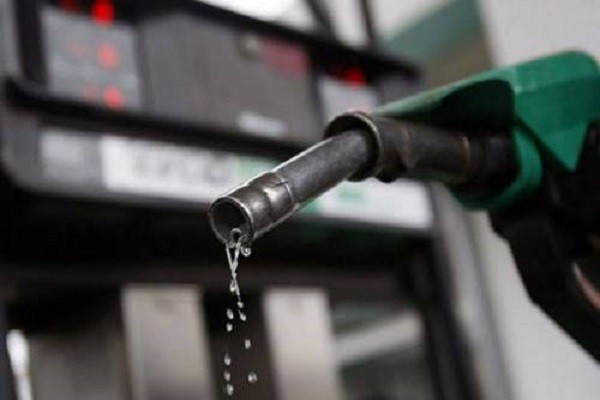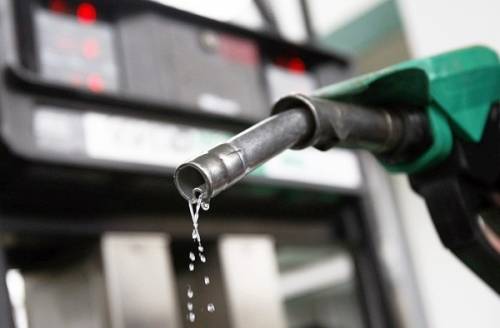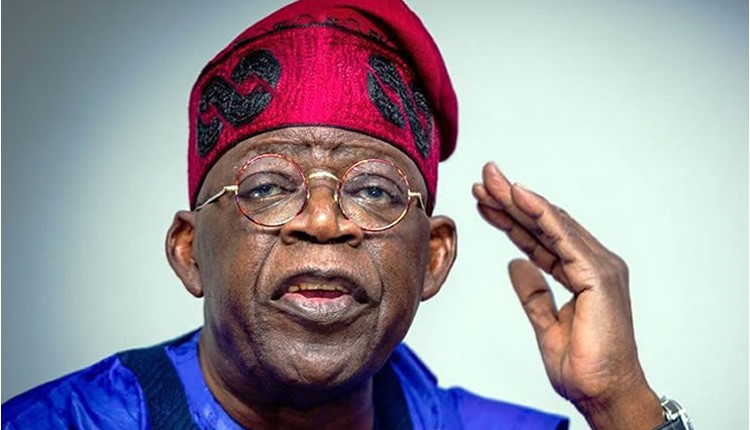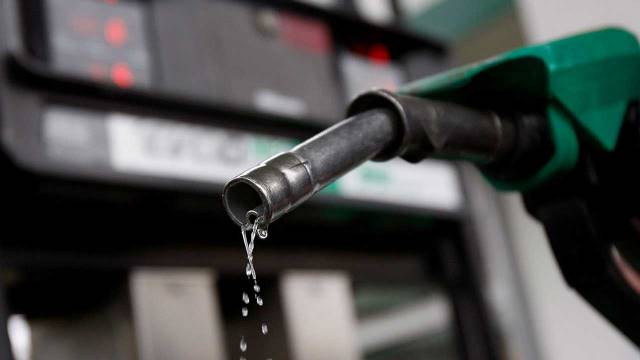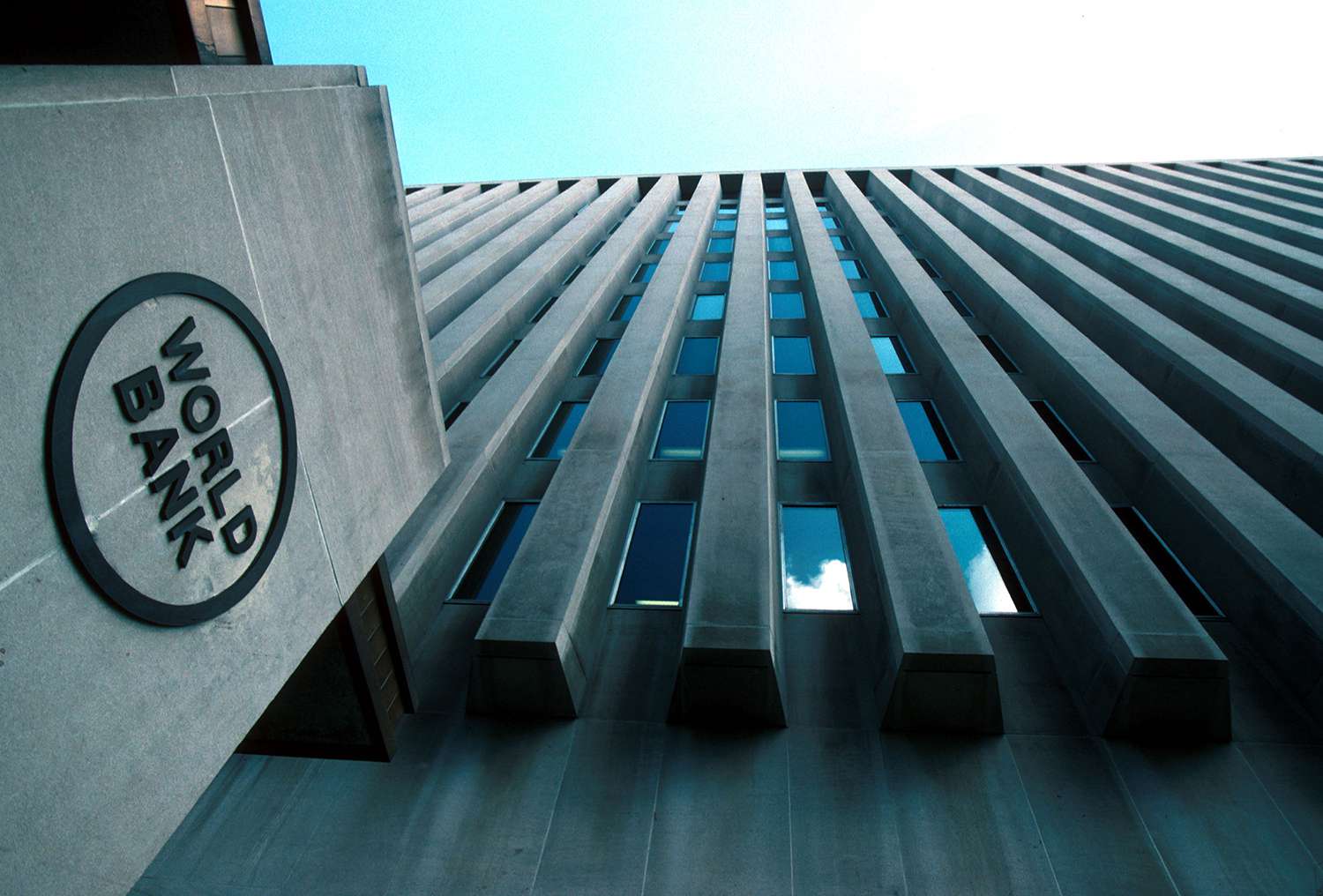Why Fuel Smuggling Still Persists After Subsidy Removal in Nigeria
Fuel smuggling continues to thrive in Nigeria even after the government officially removed fuel subsidies, according to the Nigeria Customs Service. During the first quarter performance briefing in Abuja, the Comptroller-General of the NCS, Adewale Adeniyi, explained that a significant reason for this is the price difference between Nigeria and neighbouring countries.
Adeniyi stated that although Nigeria has ended fuel subsidies, the cost of petrol (Premium Motor Spirit) remains much cheaper in Nigeria compared to countries like Cameroon, Niger, and the Benin Republic. This price gap makes illegal fuel exportation a profitable business for smugglers.
According to him, “Despite the removal of the fuel subsidy, it is still profitable for smugglers to take fuel illegally from Nigeria… prices are dynamic.” This means that even without subsidies, Nigeria’s domestic petrol prices, which range between N880 and N950 per litre, are still significantly lower than in nearby countries where prices can reach between N1,600 and N2,000 per litre.
This huge price difference, known as price arbitrage, has kept illegal fuel movement alive. Adeniyi noted that even as prices in neighbouring countries start to fall slightly — for example, to around N850 or N900 in Cameroon — they remain much higher than in Nigeria, especially in places like Niger where fuel still sells for about N1,600 per litre.
Why is smuggling still profitable after subsidy removal?
The reason lies in the continuing disparity in fuel prices. Smugglers buy petrol at lower prices in Nigeria and sell it at higher prices across the borders, pocketing huge profits. This is what Customs calls “arbitrage.”
To address the issue, the Nigeria Customs Service has launched a special anti-smuggling operation called “Operation Whirlwind.” The operation is aimed at cracking down on those involved in the illegal transportation of fuel across Nigeria’s borders.
Despite efforts to stabilise fuel prices and secure the borders, this challenge shows that removing subsidies alone is not enough to end smuggling. Stronger border control, consistent monitoring, and regional cooperation may be necessary to finally curb this problem.


